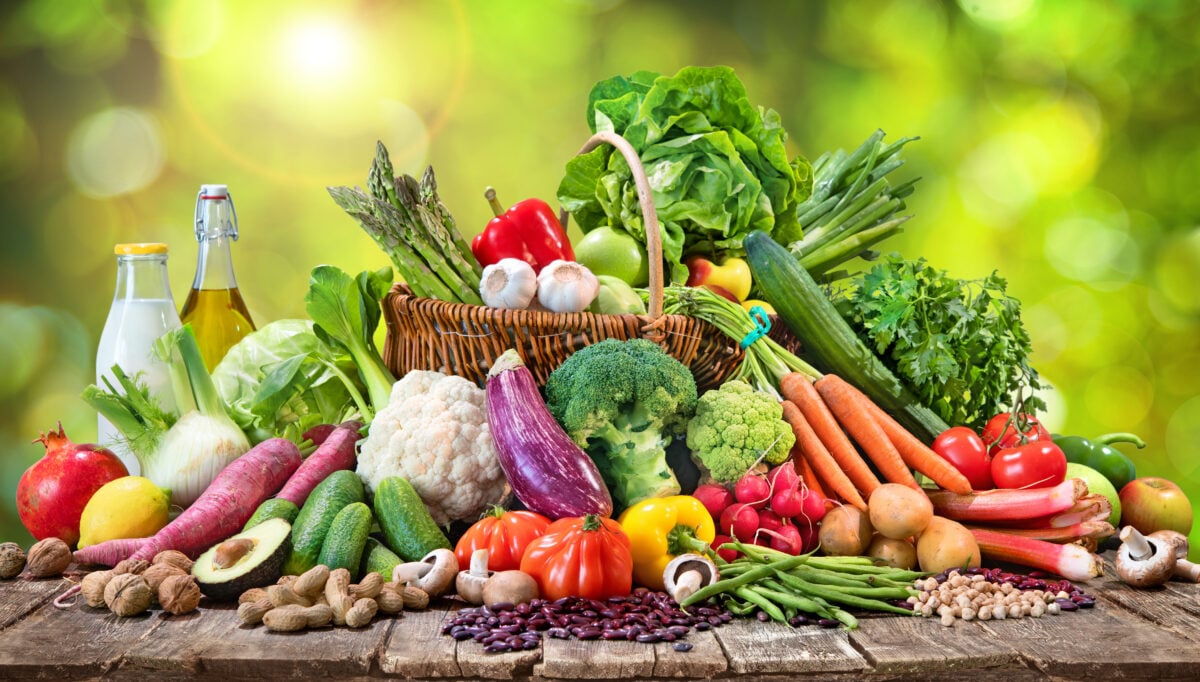Spain has just passed legislation requiring schools to make vegan and vegetarian options available to students at every meal served on site. The legislation also requires greater emphasis on fruit and vegetables, and will affect state and private schools.
In addition, the “Royal Decree on Healthy and Sustainable School Cafeterias” will eliminate “industrial pastries” and energy drinks, promote seasonal and sustainable foods, and limit pre-cooked and fried food, which many Spanish schools are currently overly reliant on.
A 2023 study by Spain’s food agency found that nearly 40 percent of schools currently serve two or fewer portions of fresh vegetables per week, and 16 percent do not offer the recommended four to five servings of fresh fruit per week. According to the Spanish government, the new decree will help tackle the country’s rising rates of childhood obesity.
Plant-based advocacy groups have praised the move, with Verónica Larco, senior communications manager at food awareness NGO ProVeg Spain, saying: “We welcome the passing of this Royal Decree, which finally recognises the right of families to have a 100 percent plant-based menu in school canteens or at least measures to solve its absence. We will be watching closely how its adoption is managed at the regional level and the way in which each school applies it.”
If schools are unable to provide dedicated, nutritious, plant-based options, they must support students who bring meals from home. The Ministry of Social Affairs developed the legislation, and it was enacted by the Spanish Council of Ministers in April. In addition to plant foods, the legislation also promotes the consumption of fish and so-called “quality meat.”
Read more: Green Politician Calls For Plant-Based School Meals By Default
Vegans, flexitarians, and plant-based schools

Spanish cuisine is traditionally associated with meat and seafood, but the country’s plant-based sector is currently the fourth-largest in Europe after Germany, the UK, and Italy.
Between 2018 and 2021, the number of vegans doubled to approximately 1.5 percent of the population. Meanwhile, around 48 percent of Spain’s omnivores have reported reducing their meat intake, roughly in line with meat-reduction patterns throughout the continent.
Kids are no exception, and in the UK, one in five children are thought to be, or would like to be, vegan. A previous study found that children value the lives of animals more than adults do, while a Greenpeace poll from February found that most under-12s worry about climate.
In October last year, Jigsaw Education Group and the Vegan Society created a resource pack on ethical veganism for schools in response to growing numbers of vegan young people. Meanwhile, health and environmental experts have said that serving more plant-based options in schools could save the UK’s NHS millions of pounds each year.
Read more: 21 Kid-Friendly Vegan Recipes






